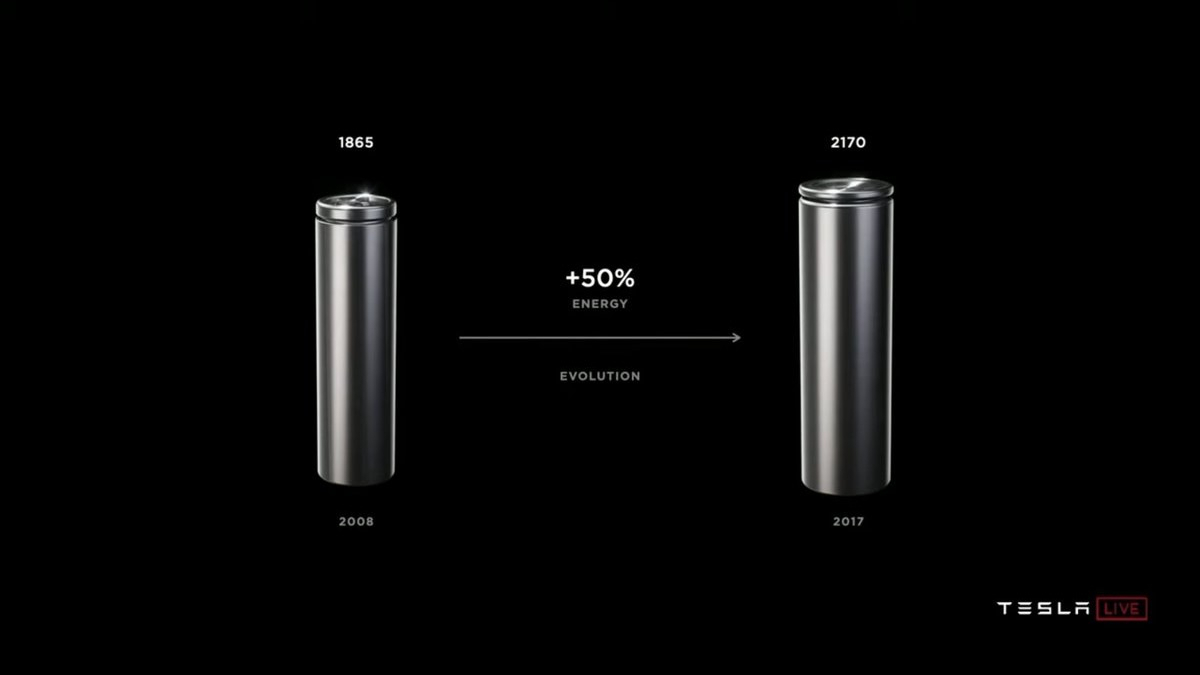
South Korean battery material companies are becoming crucial players in Tesla's restructured supply chain as the automaker upgrades its 2170 battery cells, which are essential to its most popular models. Tesla's efforts to enhance battery performance focus on improving the anode and cathode materials, which are critical for boosting energy density and charging speeds. The anode directly impacts the driving range of electric vehicles by determining the battery's energy storage capacity, while the cathode influences the battery's charging speed. In the new 2170 batteries, Tesla plans to utilize anode materials with a higher nickel content, specifically targeting 90 to 95 percent nickel. Korean battery materials company L&F is gearing up to supply these high-nickel anodes for Tesla's 2170 batteries, produced by LG Energy Solution. Furthermore, Tesla is also looking to incorporate new cathode materials sourced from Korea, specifically silicon-based cathode materials from Daejoo Electronic Materials, which offer significantly higher capacity and faster charging times. Despite Tesla's aspirations to produce its own batteries, it currently relies on external suppliers, as evidenced by its orders of electrode materials from LG Energy Solution. The emergence of South Korean battery material companies as key contributors to Tesla's supply chain is driven by the carmaker's strategy to enhance battery performance, particularly by upgrading anode and cathode materials. This includes the adoption of anode materials with a higher nickel content and the incorporation of new silicon-based cathode materials, both sourced from Korean companies. Despite Tesla's plans to produce its own batteries, it is currently reliant on external suppliers, as indicated by its orders of electrode materials from LG Energy Solution.
